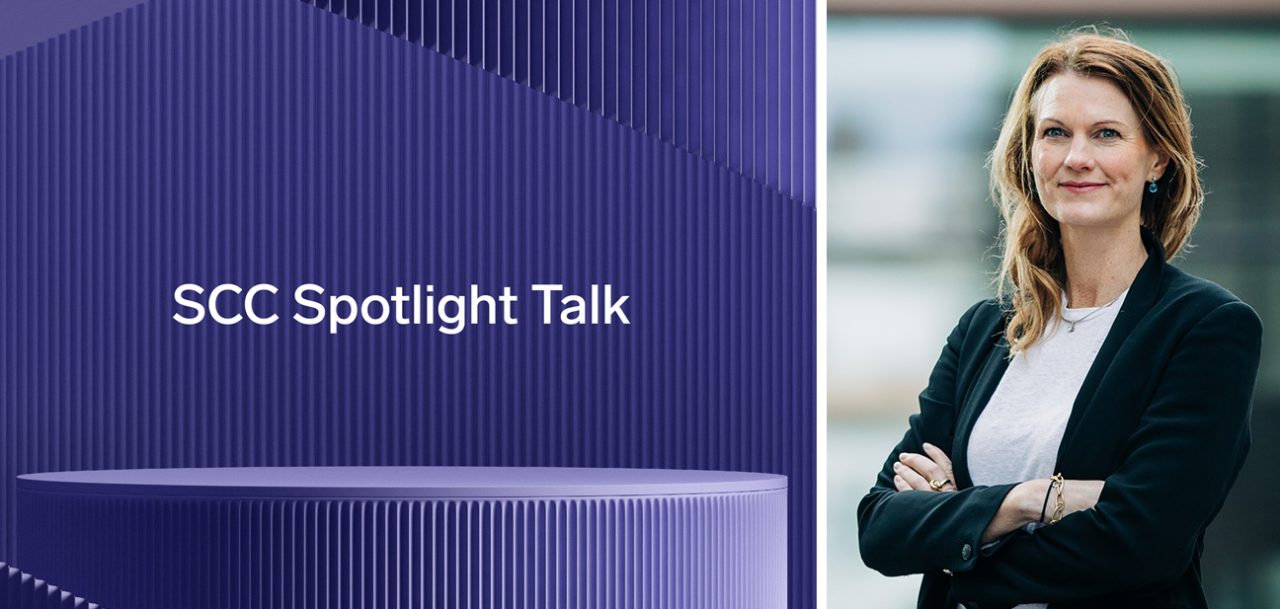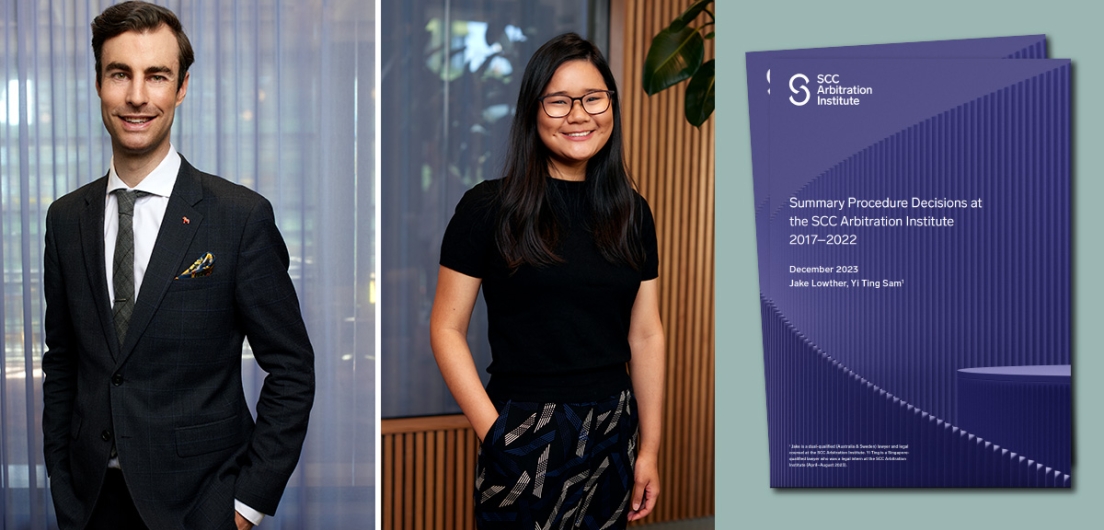SCC Spotlight Talk: Lina Bergkvist
The SCC was among the first arbitration institutions in the world to provide for summary procedure in its arbitration rules. Summary proceedings can be an efficient way to resolve a dispute or material claim swiftly without the need for the full arbitral process. By breaking out issues it is possible to make the arbitration more time- and cost efficient. Lina Bergkvist, Partner at Zellberg Law Firm, has been engaged in commercial dispute resolutions since 2005 and in her view summary proceedings is a very useful tool.
Published

In the interview series The SCC Spotlight Talk, SCC meets practitioners to discuss current issues, challenges, and opportunities in commercial dispute resolution of today.
What issues of fact or law would you consider to be appropriate in a summary proceeding?
For example, in a case regarding damages the liability or breach of contract as such could be efficient to decide upon first. If the Arbitral Tribunal finds that there is no liability or breach of contract, a great deal of time and cost will be saved for both parties since there will be no need to submit briefs and hold hearings regarding the damages. Other issues of fact or law appropriate for summary proceedings could be legal issues such as lis pendens, res judicata, whether a claim is time barred, or obviously unfounded claims. However, whether summary proceedings benefit the case at a hand needs to be closely evaluated by the Arbitral Tribunal since the cost/benefit analysis should encompass a number of circumstances (i.e. the remaining phase is likely to be long and expensive, the additional cost caused by early determination is low, the likelihood of a settlement etc..).
In my experience, a procedure where there is a disputed relevant fact that could be isolated, and where the subsequent stages of the proceeding are dependent on the outcome of the decision on that the disputed fact, the fact is narrow and no evidence is needed, this could benefit from a summary proceeding.
At what stage of the proceedings would an application for summary proceeding be most appropriate?
An application for summary proceeding should be filed at an early stage, otherwise the risk is immediate that the Arbitral Tribunal will no longer see the benefits and the application could therefore be dismissed.
What are some issues that you as an arbitrator expect parties to consider when contemplating an application for summary proceeding?
The parties need to, already in the request for arbitration/answer stage consider whether the case contains any threshold question that could be determined in a separate award/decision. Would the early determination of those issues by the Arbitral Tribunal be beneficial, considering the cost/benefit analysis? Would the early determination potentially resolve the dispute, or facilitate settlement, or simplify the rest of the arbitration?
The parties should also consider the allocation of the costs for the arbitration since that part could, finally, be extensive in the final award. For example, if a party has been successful in its application for summary proceeding, this will also influence the allocation of the costs in the arbitration, even if that party ultimately loses the case.
Any predictions concerning the future use of applications for summary proceeding under the SCC rules?
The worst fear as an arbitrator is to render a challengeable award and therefore every argument (even unfounded objections) raised by the parties in the procedure are examined and handled in the final award. I am convinced that the number of applications for summary proceeding under the SCC Rules in the future will increase explosively, since the merits issues in the arbitrations are getting more and more complicated and complex. The summary proceeding will make the case more efficient by narrowing the issues in the dispute or rejecting the whole claim or objections at an early stage. This saves both time and cost in these more complex proceedings. However, it is always a question of balance between the right for both parties to be heard and efficiency in the process. In my view, the right to due process will always triumph over an efficient process. I am convinced that the right to due process according to Swedish law will be interpreted differently in the future based upon the possibilities arising from remote hearings and AI, including in respect to summary procedure. However, this could be a topic for another Spotlight talk.
Article keywords
Summary proceedings, Summary procedure, SCC Arbitration Rules, Early determination, Sweden, Threshold questions, Liability issues, Breach of contract, Time-barred claims, Res judicata, Lis pendens, Cost-benefit analysis, Procedural efficiency, Bifurcation of issues, Due process.

Curious about how the SCC handles summary procedure decisions?
In a new Practice Note Intern Yi Ting and Legal Counsel Jake Lowther have analysed the summary procedure decisions in SCC cases from 2017 to 2022.